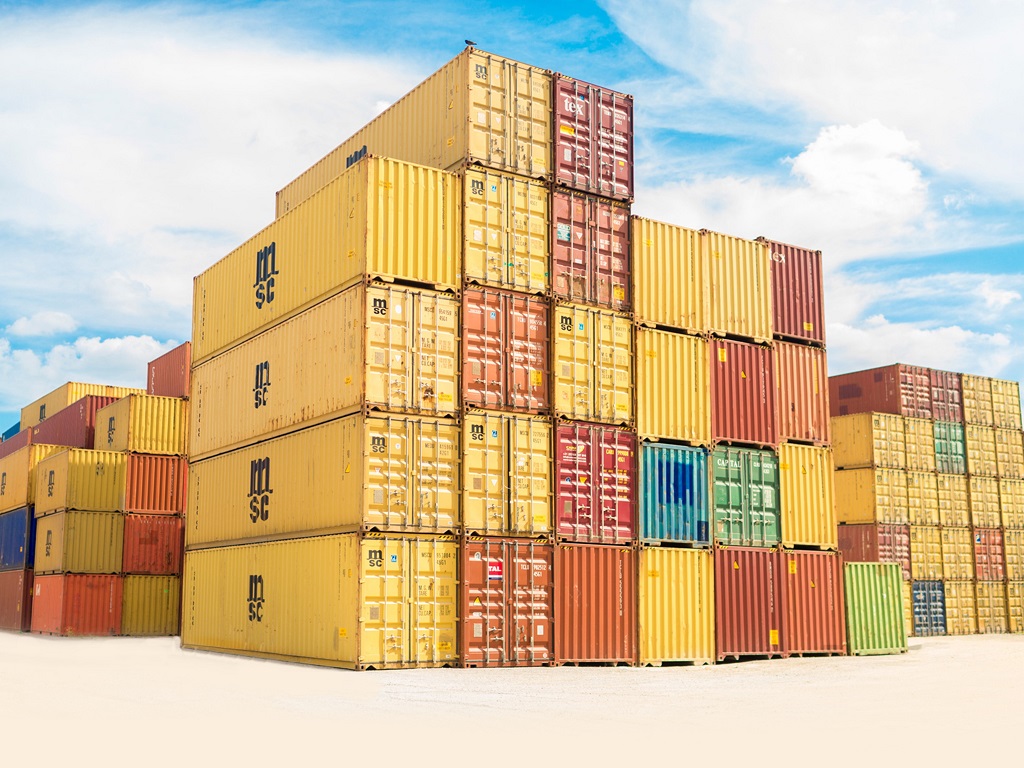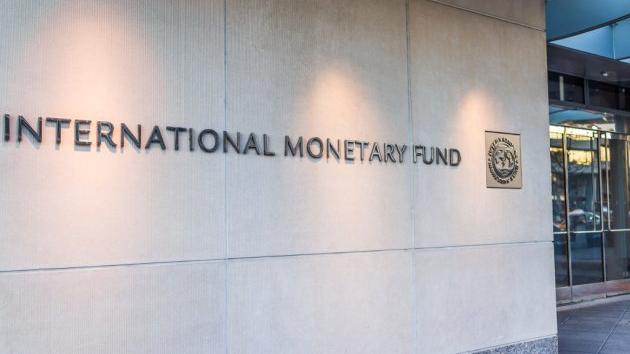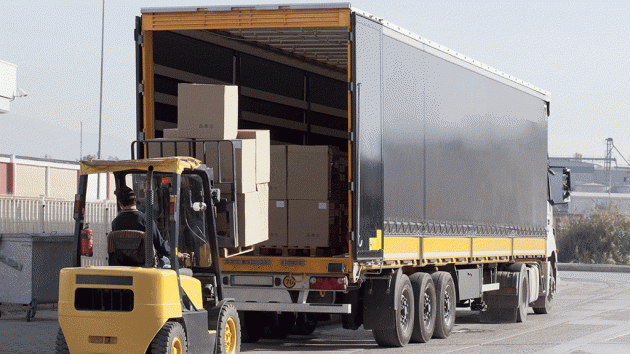CEFTA Begins Implementing Transitional Rules on February 1, 2023 ŌĆō More Flexible Rules of Origin of Goods to Improve Export Competitiveness
 Wednesday, 01.02.2023.
Wednesday, 01.02.2023.
 12:04
12:04

The new rules are more flexible aiming to reduce administrative burden, and therefore make trade simpler, provide more opportunities and enable companies to become more competitive in other markets, CEFTA says in its press release.
The rules will come into force from February 1, 2023, after the internal procedures have been finalized by all CEFTA Parties.
ŌĆō By applying the revised, more flexible and modern rules, the Parties will be able to increase their export competitiveness. Transitional rules on the origin of goods simplify the system, simplify the determination of the origin of goods and further facilitate trade in CEFTA and with the EU ŌĆō explained the Director of the CEFTA Secretariat Emir Djikic.
The PEM Convention is an international agreement that aims at establishing a unique set of rules on the origin of goods. The PEM Contracting Parties started discussion on revising the Convention in 2013, in order to adjust it to the economic reality. Since the adoption of the revised Convention failed in 2019, the majority of the Contracting Parties decided to apply the revised rules in advance. Currently, the two sets of rules, the original PEM rules of origin and the transitional rules, will be applied in parallel and economic operators will be able to choose between the applicable rules.
What are the benefits?
This new step that CEFTA is taking towards facilitating trade focuses on reducing the administrative bureaucracy and increasing the volume of trade.
The new rules provide for several simplifications including:
- More flexible and simpler product rules
- More flexible tolerance rules: Increase of the share of non-preferential materials in finished goods from 10% to 15% on the basis of net weight for agricultural products, while for the industrial products (except for textile) the tolerance is set to 15% of non-originating materials based on the ex-works price of the final product.
- EUR.1 or origin declaration will be a single type of proof of origin, and it will suffice for a period for 10 months instead of for 4 months
- The options to agree on the application of a system of registered exporters and to agree on the use of proof of origin that is issued and/or submitted electronically are also foreseen.
The possibilities of duty-drawback and full cumulation as benefits of the transitional rules, have been implemented in CEFTA since 2019.
Na┼Ī izbor
Most Important News
06.04.2024. | Agriculture
Preconditions for Placement of Fresh Blueberries and Dried Plums in Chinese Market Secured

16.04.2024. | News
Jovan Ciric, Leasing Director Retail MPC Properties ŌĆō MPC Echo symbolizes our desire for good ideas and innovative endeavors to spread freely and bring about positive changes

16.04.2024. | News
10.04.2024. | Finance, IT, Telecommunications, Tourism, Sports, Culture
Creative Industry ŌĆō What This Serbian Economy Sector Worth EUR 2 Billion Encompasses

10.04.2024. | Finance, IT, Telecommunications, Tourism, Sports, Culture
18.04.2024. | Industry, Finance
Here come the new hunters for Serbian gold ŌĆō Australian Strickland Metals buys mining project on mountain Rogozna

18.04.2024. | Industry, Finance
16.04.2024. | News
Economy Fair in Mostar opens ŌĆō 26 companies from Serbia exhibiting

16.04.2024. | News
18.04.2024. | Transport
Jovanovic: Purchase of Siemens trams produced in Kragujevac for GSP Beograd should be considered

18.04.2024. | Transport


 Izdanje Srbija
Izdanje Srbija Serbische Ausgabe
Serbische Ausgabe Izdanje BiH
Izdanje BiH Izdanje Crna Gora
Izdanje Crna Gora


 News
News










